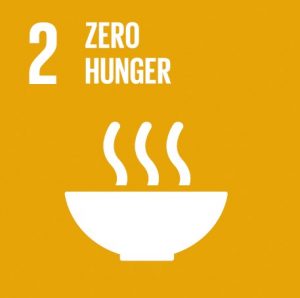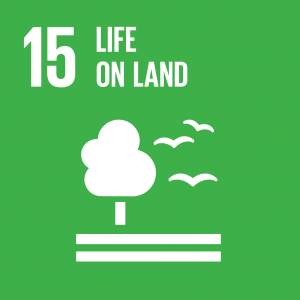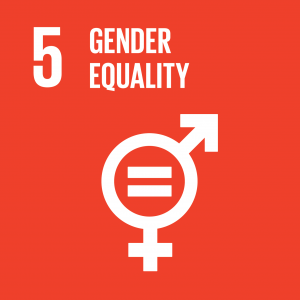Sustainable Agriculture, Food Sovereignty, and Gender Equality
PROBLEM
Smallholder farmers in eastern Africa have limited access and choice for crop production. Development projects often hinder agency
AIM
Encourage food sovereignty among smallholders through women-led, education programs and community-oriented seed banks.
East Africa is home to numerous smallholder farmers who practice intensive agriculture to produce cash crops such as tea and coffee, for export.
This practice, unfortunately, leaves farmers with little bargaining power and compromises on their freedom to grow nutritious crop varieties in their family farms that promote sustainable agriculture.
Mainstreaming food sovereignty – the right for people to select their own food and define sustainable agriculture systems – can challenge these existing problems

Chagua, “choice” in Kiswahili, seeks to establish locally sustained seed-banks for indigenous crops and educate communities on climate-resilient husbandry. The goals of the project are to:
- Reduce malnutrition among subsistence farmers in Nyamira County and increase their bargaining power in the trade of their produce
- Empower women farmers
- Provide educational resources to youth and the agricultural community about sustainable agricultural practices and climate change
Our team will provide both agency and access to a variety of indigenous climate-relevant crops by creating a supply chain of necessary farm inputs. We will also concurrently facilitate a regional educational campaign on the benefits of regenerative agriculture and organic farming.
Three-pronged approach
Seedling Nursery
- Promote indigenous crops and regenerative agriculture
- Community-led nursery design and development
- Diversify crop production
Seed Bank
Education Program
- Source local knowledge
- Focus on transition to regenerative agriculture
- Emphasis on food sovereignty
Women-led
- Women are shown to adapt to climate-resilient ag projects best
- Address gender disparities in development projects

We believe that by building pathways for food sovereignty we can help liberate agricultural practices, increase nutrition and the advantages of local and international trade of crops, and eradicate the poverty trap faced by smallholder farmers.






